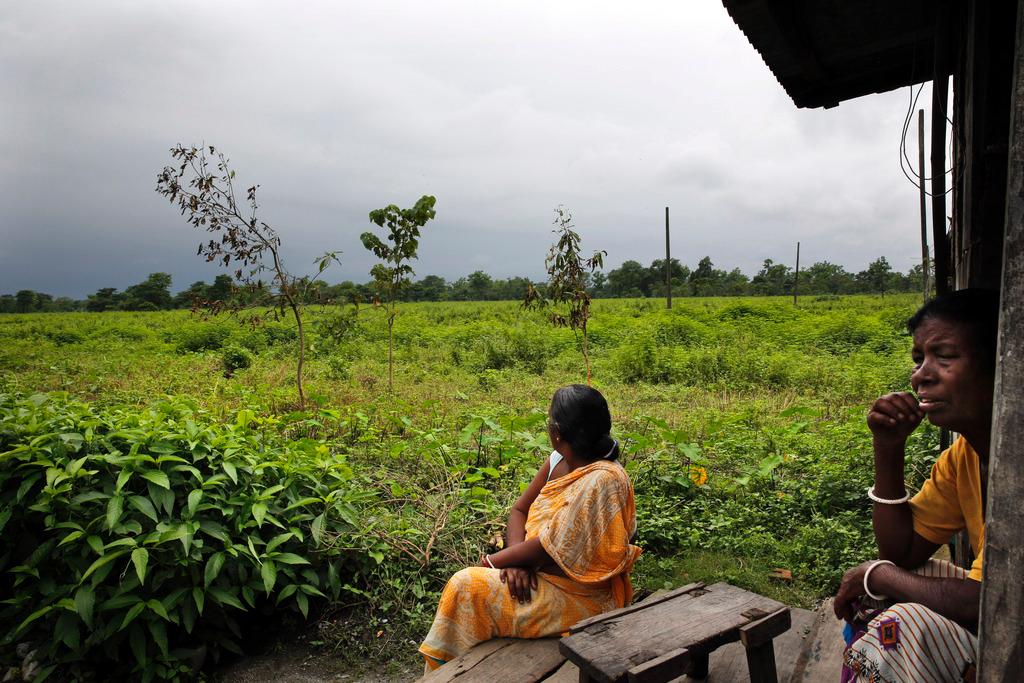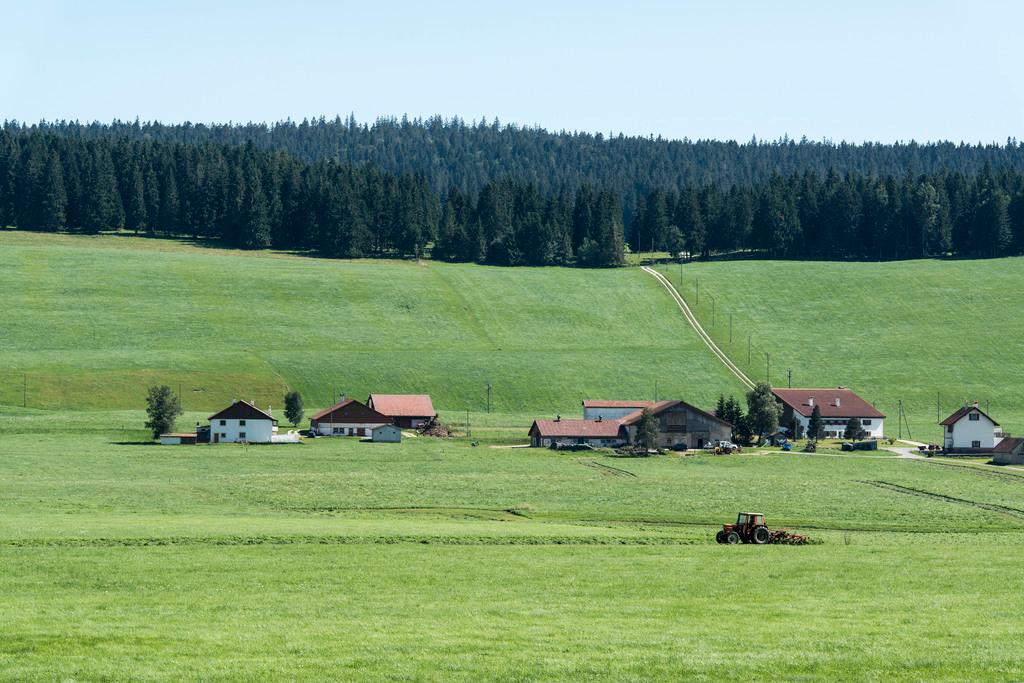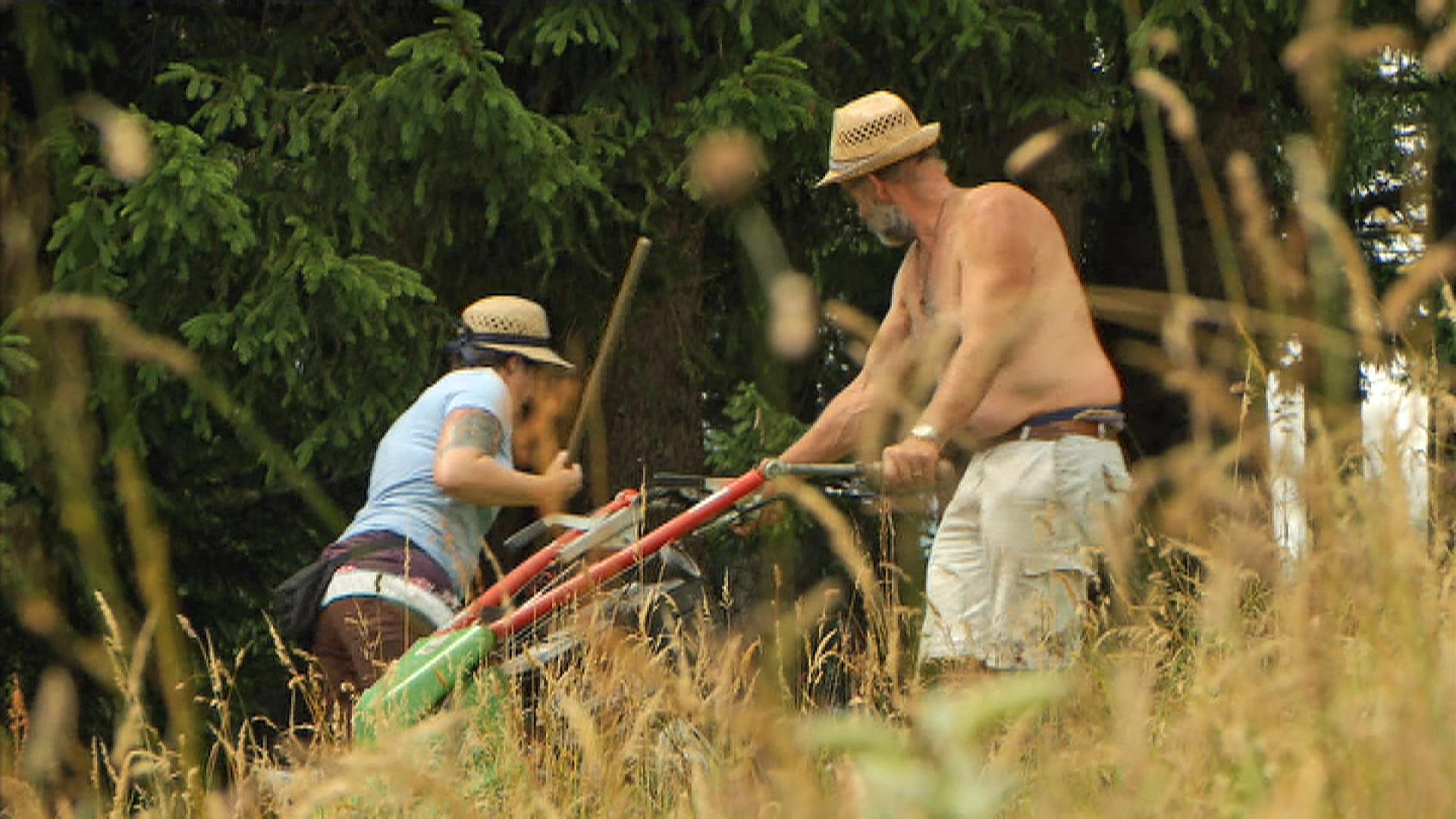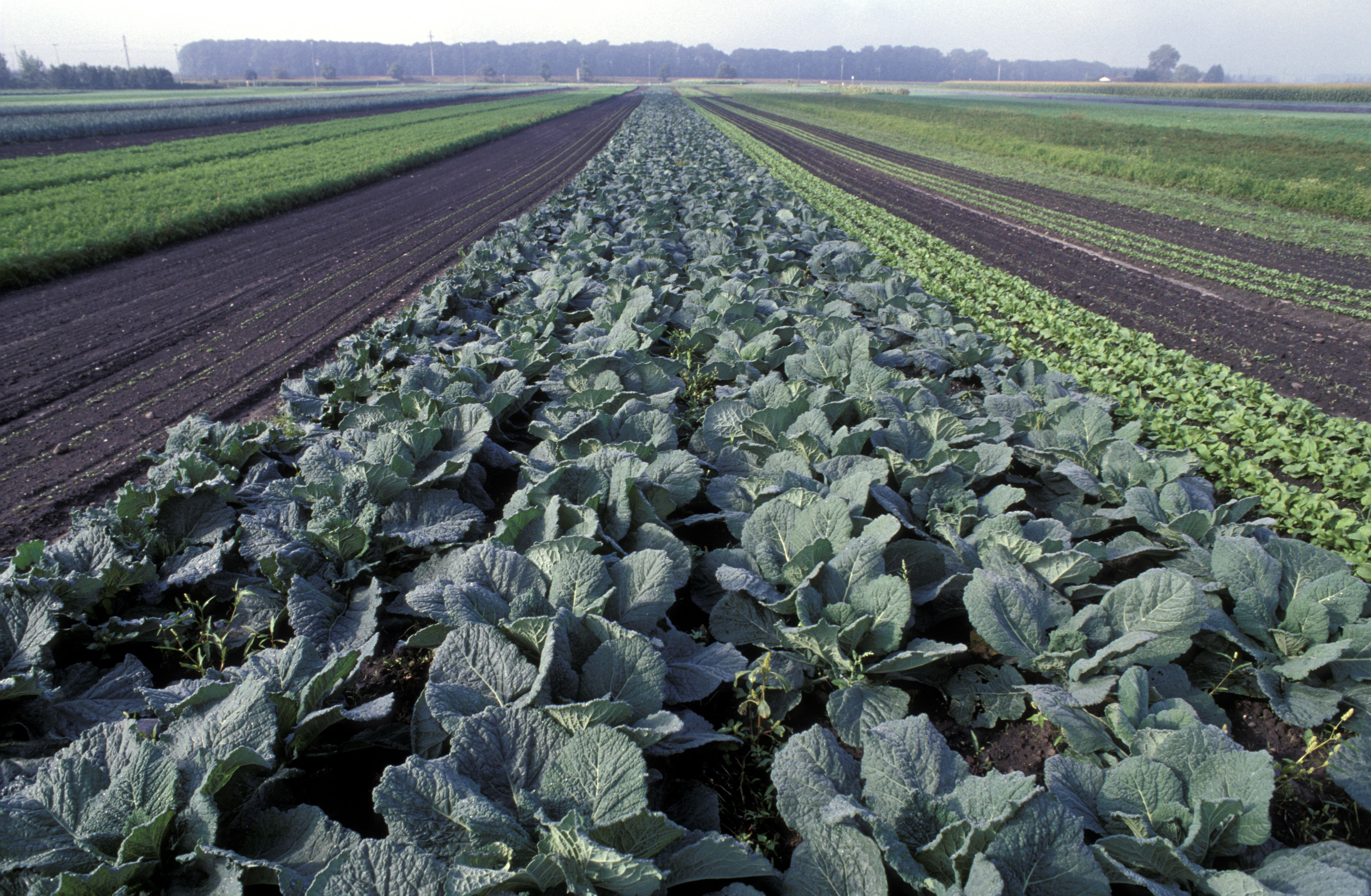Switzerland applauds India’s subsidies for farmers

A move to guarantee food sovereignty in Switzerland comes as the question of India’s subsidy programme for its poor farmers threatens to sink the World Trade Organization (WTO) deeper into crisis.
A trade facilitation agreement accepted by New Delhi at the WTO Bali meeting in December 2013 allows India to continue its food aid programme. The Indian government purchases grain from small local farmers at prices higher than market value and sells it back to the public at a loss. The agreement guarantees the system until new negotiations in 2017, which would perpetuate such food aid programmes.
But Indian Prime Minister Narendra Modi, who was elected in May, has thrown cold water on the deal. He wants a clause on food sovereignty to be agreed immediately rather than wait until 2017.
In Switzerland, the issue of food sovereignty is fraught, and groups such as the Swiss Farmer’s Association congratulate India on its position. The association recently launched the people’s initiative “For food sovereignty. Agriculture concerns everybody” which calls for Switzerland’s food supply to be predominantly Swiss and produced from natural resources. All genetically modified foods would be banned.

More
Why small farms are key to feeding the world
“The WTO is has got it wrong,” argues association director Valentina Hemmeler Maïga. “The trade policeman promotes agribusiness over local farming. We would prefer it if there was no deal at all. The programme of food aid in India does not occur to the detriment of other countries. Every country should be able to define its own food and agriculture policy, India as well as Switzerland.”
However former chief negotiator of the Swiss mission to the WTO, Luzius Wasescha, says India’s about-face is unjustifiable. He says it is not the aim of the policy that is objectionable, but the way it is carried out via a method of double subsidies which are not declared to the WTO.
“Even the developing countries have minimum obligations,” argues Wasescha. “Nobody can deny the right to food supply. In terms of communication, New Delhi has a strong case on this issue. But if India was more open with the world, its economy would be doing better and less people would be suffering from hunger and needing this kind of special programme.”
Look to Brazil?
Many experts argue that India should follow the example set by Brazil, which has emerged into a significant agricultural exporter despite not protecting its farmers from international competition, and while simultaneously providing food aid programmes to the poorest of its population.
Vandana Shiva, founder of India-based NGO Navdanya and “earth democracy” activist, rejects the argument out of hand.
“In Brazil, one single person can own hundreds of thousands of hectares of land. Legally, that’s not possible in India, and the government cannot rewrite property law,” says Shiva. “Around 70 per cent of food consumed globally today is produced by small farms. Small farms produce more and yet still the myth persists that large-scale farming is the answer to hunger.”

More
Swiss mountain farmers are a vanishing breed
Wasescha agrees that it is more desirable to maintain an agriculture sector for subsistence rather than for exports, but he argues everyone must adhere to the same rules.
“Together with Norway, Switzerland still leads the pack on agricultural subsidies, we do it precisely because we want to keep our agriculture sector,” he says. “But we carry out this policy using tools recognised by the WTO. India could do the same thing, but ideologically the Indian government doesn’t accept that a country such as India should follow the same rules as those of industrialised countries.”
The chemical trap
Between 2004 and 2011, Indian subsidies to poor farmers almost trebled from $10.3 billion (CHF13.07 billion) to $29.1 billion, much of which was spent on fertilisers, irrigation, electricity and seed. Shiva says subsidies could be reduced by making agricultural practices more sustainable.
“That’s exactly the work I am doing with the Indian government,” she says. “The only way to reduce subsidies is to get out of the chemical trap, which in any case, never used to be necessary in agriculture. The businesses which made chemical products for war thought that they could continue to produce these toxic products. They enslaved us in a completely unsustainable system where the rich world spends $400 billion a year on agricultural subsidies.”
Shiva says Switzerland represents a good example of an agriculture sector that is not beholden to global export considerations – despite the fact that one of the world’s largest global agribusinesses, Syngenta, is Swiss.
“It was the Swiss people who had the first national referendum to keep genetically modified organisms (GMOs) out,” she says. “This shows that corporate power cannot take over citizen’s power in Switzerland because of the referendum system.”
Changing attitudes
Yvan Droz, professor of sociology of development at the Graduate Institute Geneva, believes that the Swiss Farmer’s Association initiative and a second initiative from the Swiss Farmer’s Union that calls for the government to guarantee food supply with sustainably produced Swiss food are steps in the right direction.
Droz, who co-authored “Sick Agriculture”, believes that state aid for agriculture in Switzerland does not go far enough.
“Between half and two thirds of farms do not turn a profit, or function at a loss. Farmers work 51 or 52 weeks a year, 80 hours a week, and for that they don’t earn anything, even with help from the state,” he says.
However in Switzerland, like elsewhere, attitudes to food are changing. And even if it only represents a few per cent of the population, farmers are finding more receptive ears amongst the urban population. This is reflected in the networks that have sprung up in Switzerland, and elsewhere in Europe, that link local producers with local consumers.
“The symbolic value attached to food is strong. We are what we eat. Well-regulated local production helps to strengthen confidence between producers and consumers. Confidence is undermined by a series of food scandals,” says Droz.
(Adapted from French by Sophie Douez)

In compliance with the JTI standards
More: SWI swissinfo.ch certified by the Journalism Trust Initiative




You can find an overview of ongoing debates with our journalists here. Please join us!
If you want to start a conversation about a topic raised in this article or want to report factual errors, email us at english@swissinfo.ch.